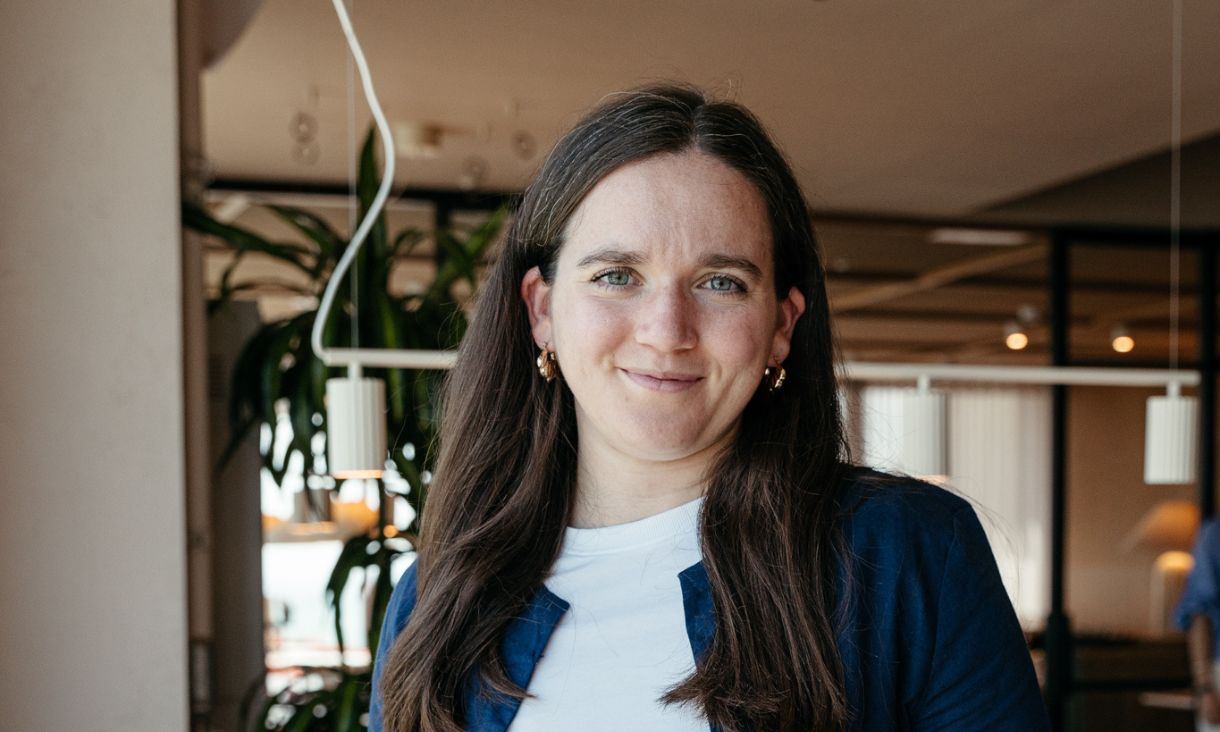Meet Silvia Demetri – Nominated by the Milan City Council

Milan is a city willing to proactively implement pilot projects to test new ideas.
– Silvia Demetri
Embracing complex challenges
Silvia Demetri has had a somewhat unconventional path to becoming an urban mobility expert in the city of Milan. Originally trained in Built Heritage Restoration and Landscape from the Polytechnic of Milan, she transitioned to her current role after a stint on heritage restoration projects at the Ministry of Culture.
"A couple of years ago, while I was working for the Ministry of Culture, I had the chance to completely change my life and to start working for Milan Municipality in the Sustainable Mobility Department," she said.
Silvia enthusiastically embraced the complex challenges of transforming Milan’s crowded urban landscape filled with medieval buildings to promote urban mobility.
Reviving old habits for positive change
Silvia focuses on various projects aimed at increasing pedestrian and cycling spaces, fostering electric mobility, and establishing successful public-private partnerships.
One of the department’s flagship initiatives is 'Piazze Aperte' (Open Squares), designed to expand public spaces for residents.
“Our approach is not new; before cars, cycling was very popular and before that, most people were walking everywhere, so we are trying to revive those good old habits as part of a new, modern lifestyle," she said.
A fresh perspective
Despite its small size, the Sustainable Mobility Department is dynamic and collaborative. Their projects often require coordination with various other municipal departments and active engagement with community groups, reflecting the importance of relationship-building in Silvia's work.
Silvia is pleased and optimistic about being selected for the EIT Urban Mobility Emerging Leaders program, viewing it as a significant opportunity to learn skills that will help her to be one of the next generation of leaders, and perhaps also a chance to bring her own fresh perspective to the group given her different background.
“In terms of awareness and education about urban mobility, the way ahead is still long, but what I discovered is that when you are working on urban mobility, each of us has to take the responsibility to practise what we preach," she said.
"We have to be the first ones who apply that in our own daily lives, by using only public transportation, cycling to work or taking part in citizen activities. If we don’t lead by example, it will not work.”
A test and learn approach
When reflecting on Milan’s strengths in urban mobility, Silvia pointed to the city’s openness to experimentation. The city is willing to proactively implement pilot projects to test new ideas, she said, and also openly admit its errors if the projects don’t work as well as hoped.
One project that did go well was the new 'Piazze Aperte Per Ogni Scuola' (Open Squares for Every School) project, which emerged as an idea from the community after the original Piazze Aperte initiative was launched.
"In the feedback we saw that a lot of people had requested public spaces in front of schools, so we decided to follow that suggestion," she explained, highlighting just how vital community engagement is in shaping the urban mobility landscape, and by extension, the future of the city.

EIT Urban Mobility Emerging Leaders
Launched in 2024, the EIT Urban Mobility Emerging Leaders program is transforming the leadership landscape. Submit an Expression of Interest for your organisation to join EIT Urban Mobility Emerging Leaders 2024. For any queries, please get in touch emerging.leaders@rmit.edu.au.